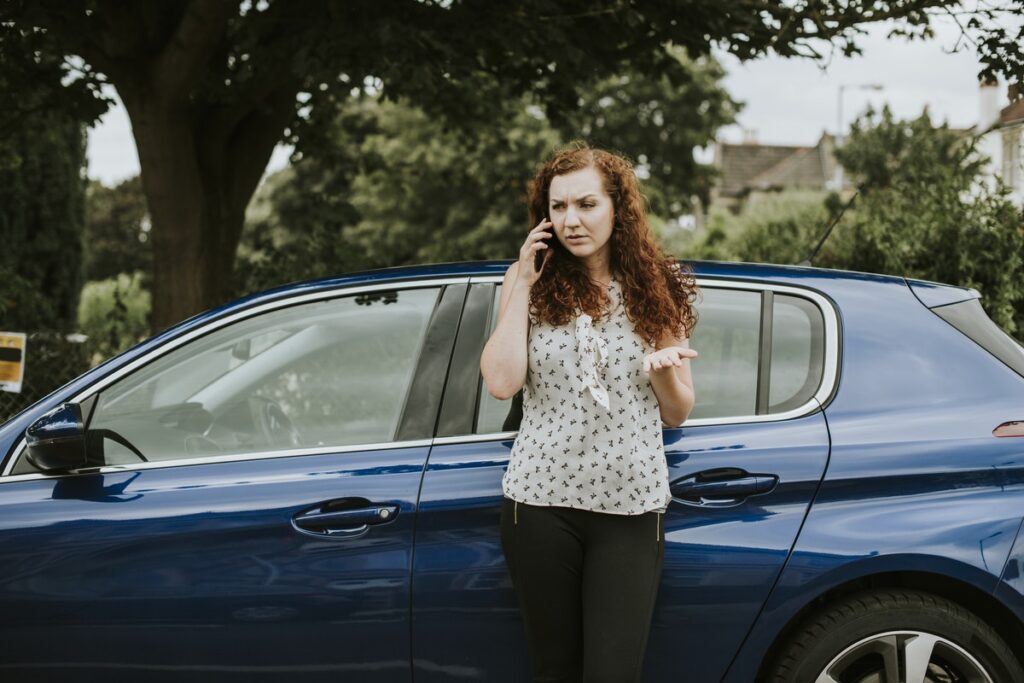
Statistics from the UK’s leading road safety charity Brake don’t make for reassuring reading on the safety of Britain’s roads. Indeed, in 2018, 25’511 people were seriously injured in accidents here and tragically, 1784 died. That’s five a day on average.
Despite those shocking stats, most of us are lucky enough to come away from a road traffic accident relatively unscathed. But if you have been involved in one – whether as the driver of a car or as a pedestrian, motorcyclist or biker – and you sustained an injury, one of your best recourse options is to file a claim for the accident as soon as you possibly can.
But in order to secure your claim, you need to follow a series of protocol and tick several boxes if it’s to be successful. With that in mind, here’s our IDEAL guide on how to strengthen your road traffic accident claim.
SHARE PERSONAL INFORMAITON
At the scene of the incident, we understand that you may be in a state of shock. Even so, don’t forget to share personal information and details with the other party involved here, and this includes names, telephone numbers, addresses, insurance information, and the car registration numbers.
What’s more, take down the vehicle model of the other party, including its year and colour and the damage it incurred. If the driver of the vehicle isn’t the owner, note down the name of the vehicle’s owner as well. Offer the same information in exchange, and do always behave in a courteous, accomodating way.
TAKE PHOTOS
One of the real positives of having a smart phone is that you can capture a moment in real-time. Harness this power if you’ve been involved in an accident and take photographs of the scene as soon as is feasible after the incident. Photographic evidence can go a long way as it can show various details which are difficult to refute or change with the benefit of hindsight (obviously, this could also work against you, but it’s the truth that matters most here). In addition to this, photos can help you remember where exactly the road traffic accident happened.
WERE THERE WITNESSES?
If you have any witnesses to the accident, then do endeavour to take down their personal information at the scene, so you can use their testimony as evidence when possible or necessary. That said, if they don’t wish to cooperate, that’s their right; don’t be pushy or aggressive here.
DON’T ACCUSE OR ADMIT GUILT
It’s probably best to avoid discussing the road traffic accident with the other party, and it’s certainly advisable to cool any signs of confrontation emerging after the accident.
Try not to discuss how you will report it to the insurance company or who did wrong; this will only make matters more complex, either by admitting guilt or accusing the other party, inadvertently. Instead, make sure to contact your insurance company regarding the accident, and do this as soon as possible.
Ensure that you provide the police with the details of the accident in case you get into any future conflicts with the other party, so they can deal with legal matters.
WHAT TO EXPECT FROM THE PROCESS
To make filing a claim easier on your end, it’s best to consult with a solicitor. The road accident claim specialists from Shires Law recommend that ”the more serious your injuries, the longer your claim will take’’, so it’s sensible to begin the process early and with legal advice from right at the start of proceedings. There tends to a lot of documentation and paperwork involved, as well as gathering of evidence, and this can be complex. Best, we think, to defer to the professionals on this one.
Once a solicitor agrees to handle your claim, they will set in motion a number of tasks to solidify your claim and strengthen it. This may include setting an appointment for a medical consultation, which helps your claim as it can determine your loss of income and extra expenses as well as how your injuries have impacted your personal and working life. They will also gather evidence in the form of statements from witnesses and photographs, and more.
The majority of claims like these are often settled outside court, particularly when there is irrefutable proof or evidence. But if there is no agreement between you and the defendant, the case will go to court, and this is where your solicitor should also be able to provide you with the best help and legal advice as well.




